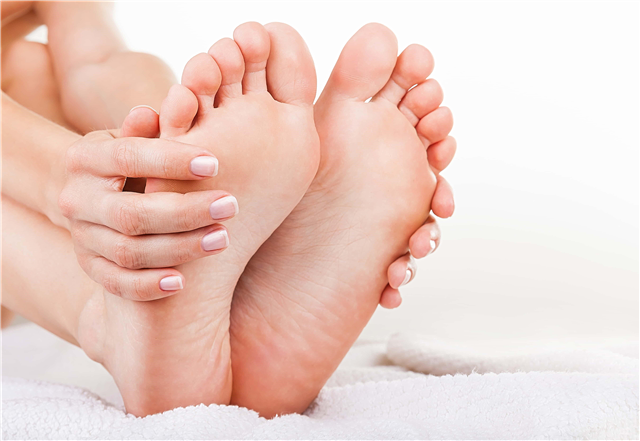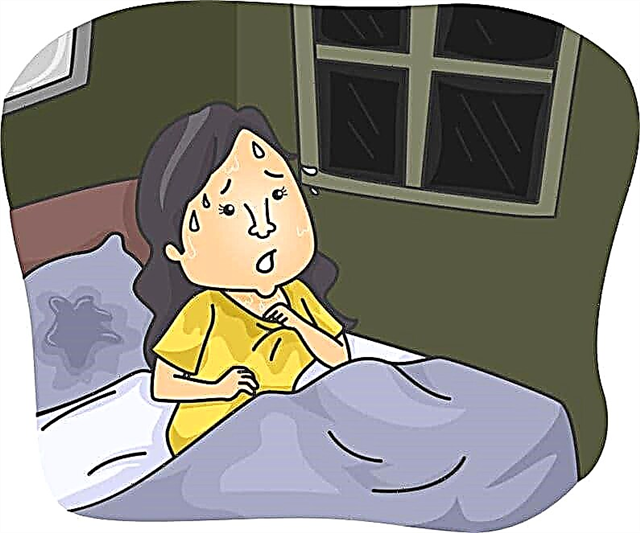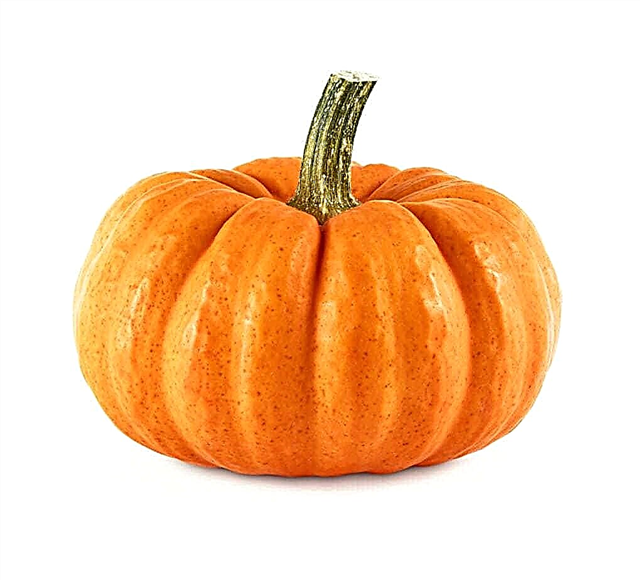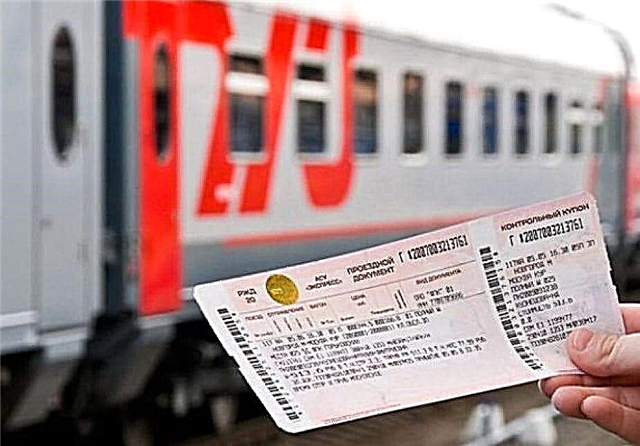
Offering a person to sit down, they often use one stable phraseology: there is no truth in the legs. But a curious audience is still encountered, because this issue should be analyzed in more detail, returning to the historical roots of the phrase.
If we turn to explanatory dictionaries, for example, to the writings of Ozhegov, you can find out that the phrase indicates that sitting is better than standing. But a complete and detailed explanation cannot be found there.
Medieval realities

In order to find the truth, it is necessary to return to the times of the Middle Ages, which in Russia were marked by no less rigor than in Europe. The debtors were treated rather harshly, in case of arrears of public funds or, if necessary, to repay the debt to a private person, the culprit was put barefoot in the snow or slashed over the soles of the feet with bars.
People often confessed to what they did not, wanting to end the punishment, stop torturing their bodies. Based on this, it can be said that there is no truth at the feet - the beaten-out, tortured testimony may turn out to be false, as often happened.
Punishment associated with feet, beating on the soles or standing barefoot in the snow was used for the reason that, for all the pain and intolerance of the torment that they brought, they did not give any special traces that were visible at first glance. But the consequences could be serious - frostbitten or broken feet for a long time, if not forever, deprived a person of the ability to move independently, he could only move his body crawling.

In the conditions of the Middle Ages, when every person needed to work physically in order to at least provide for his life, this gave a deplorable result, after such a punishment the victim could forever be at the church porch, live on alms and alms.
Interesting fact: but the words of the saying under consideration do not contain any threats, on the contrary, they invite you to sit down, explaining that the opponent is not being questioned. And nobody is going to beat the truth out of him. Also, the saying in this light can be interpreted in a slightly different way: sit down, it is better not to stand.
Another option is also related to debt. It is possible that the phrase was used when the debtor or the guilty person escaped from reprisal. In this case, they said this phrase, indicating that it was already impossible to repay the debt or impose a punishment on a person. But over time, the meaning of these words has changed, having received a modern interpretation.
Search for the culprit
There is a third interpretation of this saying. Some researchers believe that the words came from a slightly different method of inquiry. It is believed that the landowner or other high-ranking official, faced with the loss of an expensive thing, or with the consequences of the outrages, could gather all the peasants in the village square, forcing them to stand until the culprit was identified. This option also has a right to exist, similar techniques were used, they can still be encountered today in one interpretation or another.
Bureaucracy and queues

The fourth option reminds us that in the old days there was no less bureaucracy than today - and maybe more. “Walkers” were sent to the tsar, who were supposed to convey information, send a petition, and put up a pressing issue for solution.
I had to wait for the royal reception for hours, even days, standing on my feet in the reception room. Standing up did not speed up the resolution of the problem, as did multiple visits. Some researchers believe that this common phrase “for the wickedness of the day” came from precisely where it is easier to wait while sitting than standing, the speed of resolving the issue will not change from this anyway.
Court intrigues

There is another interesting version related to this phraseological unit. In the Middle Ages, pockets were made on shoes - this was especially true for shoes of high-ranking persons. The pockets were hidden, they often carried love notes, all sorts of confidential information related to intrigue. Perhaps the phrase we are considering came from precisely such habits of the nobility, but such an option is still unlikely.
Dealing with the origin of phraseologisms, sayings, whose history spans more than one century, is always difficult. A lot of questions arise in this case, there are several versions, and it is not possible to prove the credibility of at least one of them.
But in any case, today these words are not associated with debt, corporal punishment or intrigue. They mean a friendly invitation to sit down so as not to suffer standing on their feet.Indeed, why should one stand if there are empty seats around and a long conversation is scheduled.












